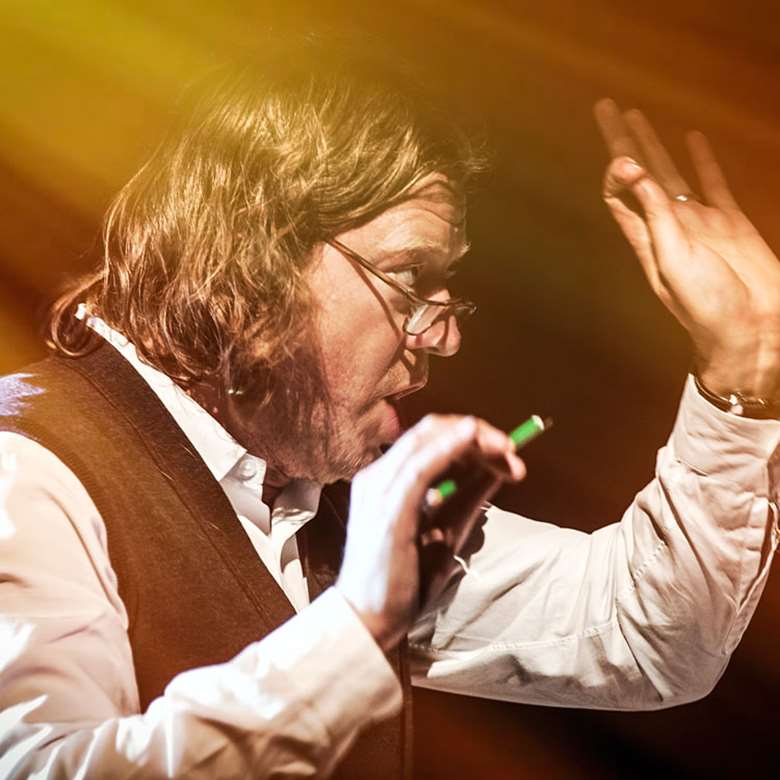‘Working with contemporary composers is the main purpose of any company’
Sarah Kirkup
Tuesday, September 27, 2016
One year into his Music Directorship of the Royal Ballet, Koen Kessels is determined to forge relationships with new composers, writes Sarah Kirkup

Register now to continue reading
Thanks for exploring the Gramophone website. Sign up for a free account today to enjoy the following benefits:
- Free access to 3 subscriber-only articles per month
- Unlimited access to our news, podcasts and awards pages
- Free weekly email newsletter








